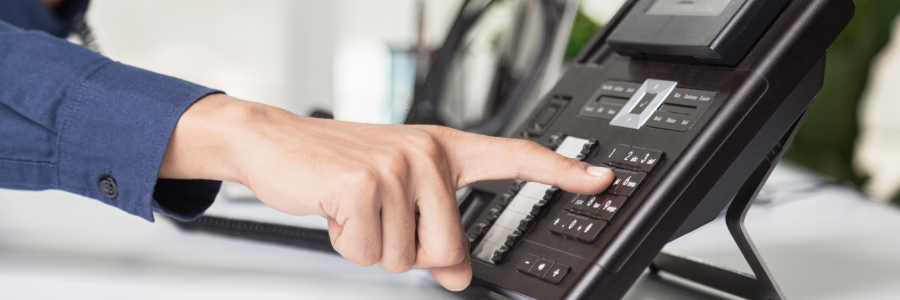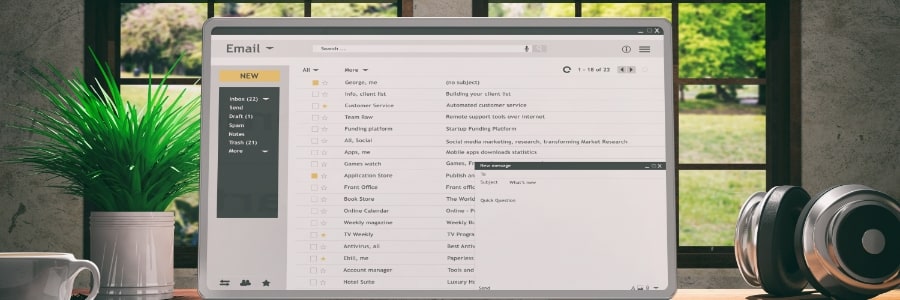Clear, reliable communication is critical for any business, and VoIP systems make that easier and more affordable than ever. However, if your calls are plagued by lag, echo, or unexplained silence, the benefits can quickly turn into headaches. Understanding the root causes of these common issues is the first step toward ensuring smooth, reliable calls.
Blog
Working better together: A simple guide to Microsoft Loop in Outlook and Teams
Getting your tech dollar’s worth: Costly IT investment mistakes to avoid
How AI is transforming business communication tools

Voice over Internet Protocol (VoIP) has long helped businesses cut costs, but with artificial intelligence (AI) now in the mix, the focus is shifting to smarter, more adaptive communication. Learn how features such as intelligent call analysis, virtual assistants, and real-time translation are redefining how companies interact with customers and teams.
Is Windows 11’s agentic AI safe? A deep dive into its risks and benefits

Microsoft is pushing the boundaries of AI with an experimental feature in Windows 11 called the Agent Workspace. This new tool allows AI agents to handle background tasks, potentially improving productivity and efficiency. But while the feature can automate routine tasks, Microsoft is quick to point out that improper use or lack of security controls could open the door to malicious activities.
VoIP for small businesses: Affordable, flexible, and ready to go
Windows at 40: AI-powered, agent-driven, and cloud-ready
Work smarter: Tech-driven strategies to get more done every day
VPNs for VoIP: A simple fix for unreliable or blocked internet calls

Dropped calls, blocked apps, or sluggish audio can make any Voice over Internet Protocol (VoIP) conversation frustrating. These issues often come from network restrictions or internet providers that slow down call traffic. Fortunately, combining VoIP with a virtual private network (VPN) is a simple, effective fix that can help you get around those limits, all while improving privacy.








